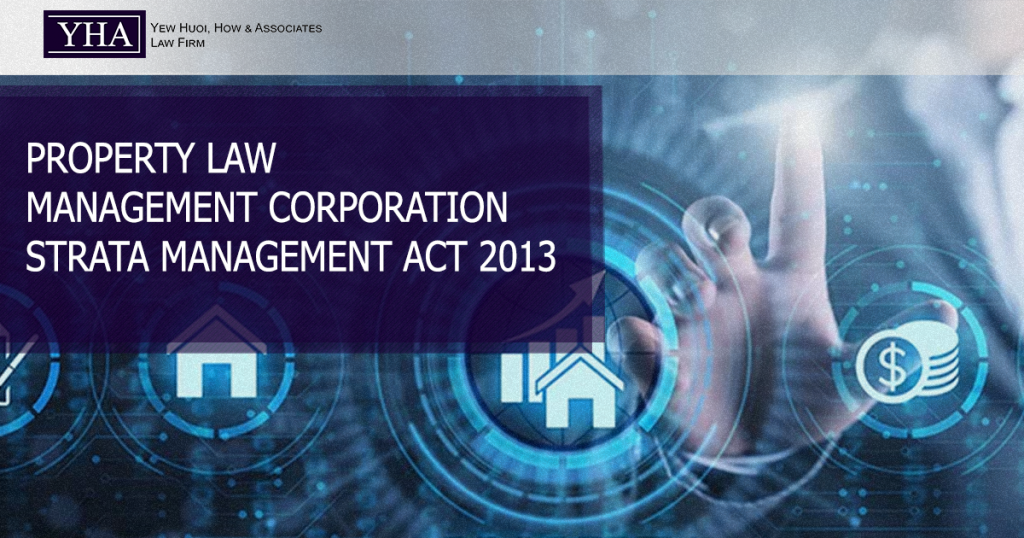It is common knowledge that a Management Corporation (“MC”) is in charge with maintenance and management of the common properties of a condominium or strata development.
Q: Can a MC be compelled to supply natural gas (a service previously provided by the developer of the project)? Can a MC be compelled to make payments for license to supply natural gas?
A: Section 59(2) of the Strata Management Act 2013 (“SMA 2013”) provides as follows:
The powers of the MC:
- a) to collect the Charges from the proprietors in proportion to the share units or provisional share units of their respective parcels or provisional blocks;
- b) to collect the contribution to the sinking fund from the proprietors of an amount equivalent to ten percent of the Charges;
- c) to authorize expenditure for the carrying out of the maintenance and management of the subdivided buildings or lands and the common property;….
It does not include supplying natural gas.
Q: Can the MC collect gas charges?
A: No. s.59(2) SMA 2013 only allows MC to collect maintenance charges and sinking funds. Not charges related to the supply of natural gas.
The powers of a MC cannot be expanded. If it is not expressly or impliedly permitted by the SMA 2013, it is considered prohibited.
Q: Can the MC take over and charge natural gas supply fee?
A: No. The MC lacks the power to take over the supply and management of the gas supply.

